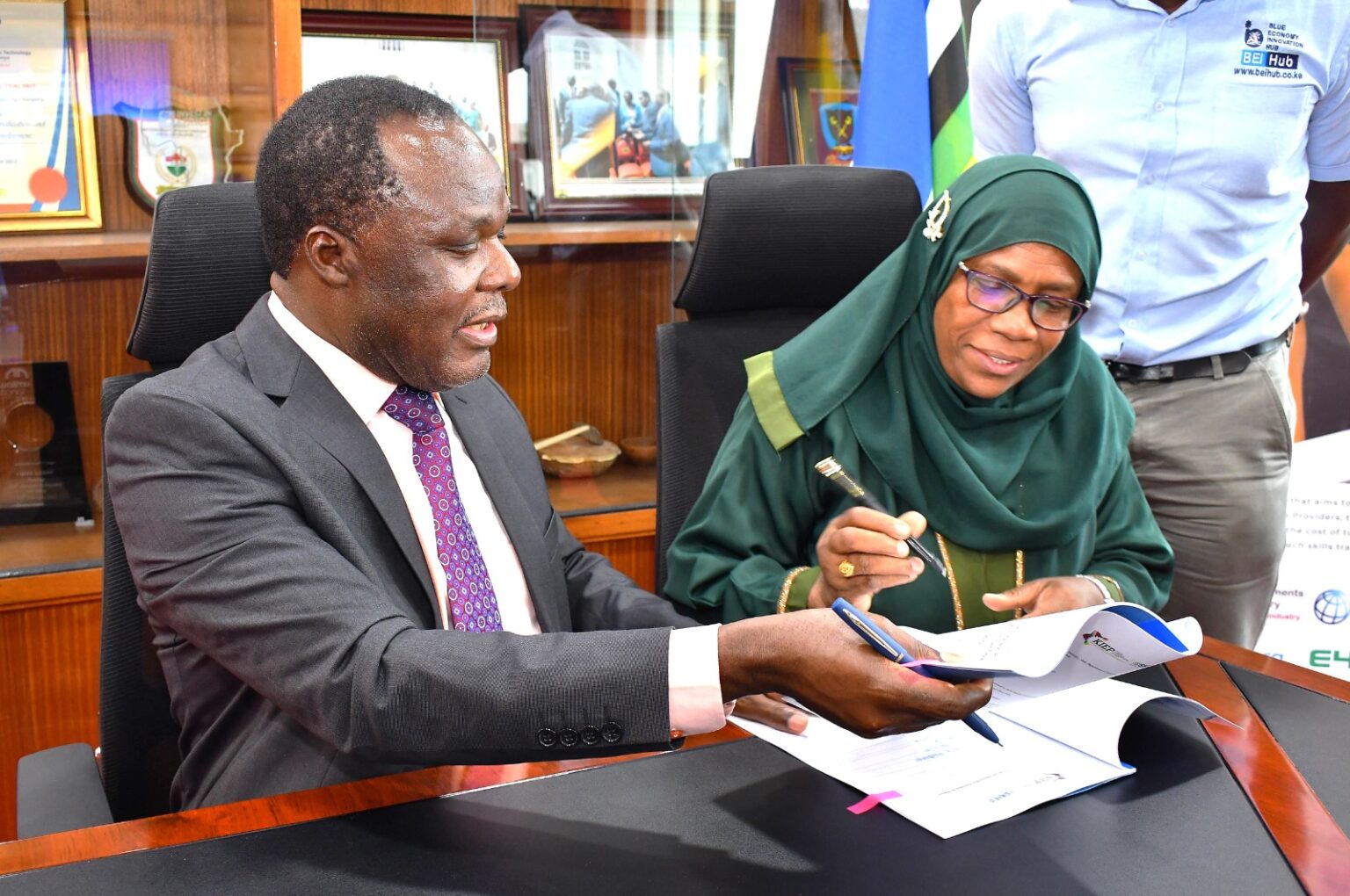- Eight Kenyan universities have been selected as part of the World Bank’s $55.8 million SME formalisation project.
- In the World Bank plan, 267 young innovators’ students, 10 incubators, 10 accelerators, and 4 tech boot camp providers will be funded.
- The SKIES initiative started with a call for applications that attracted a total of 142 incubators.
Eight Kenyan universities have been selected as part of the World Bank’s $55.8 million (KES7.5 billion) SME formalisation project to provide business development services to micro, small and medium enterprises. Kenya Industrial Entrepreneurship Project will implement the program through the Strengthening Kenya’s Innovation Ecosystem (SKIES).
The government, through SKIES, a subcomponent of the Sh7.5 billion (KIEP) project, seeks to streamline the delivery of professional business development services, thereby enabling innovators of small and medium enterprises to get the proper business training when required.
The absence of a uniform platform to oversee the start-up ecosystem in the country has been a significant barrier to successful entrepreneurship, with challenges such as duplication, absence of a national opportunity repository, lack of standardised best practices, information imbalances, leading to ‘grantpreneurs,’ and intermediaries lacking commitment to excellence.
Read Also: Africa’s top universities rally behind UN’s 5G Tech Spaces for climate action.
In the World Bank plan, 267 young ínnovator’ students, 10 incubators, 10 accelerators, and 4 tech boot camp providers will be funded to receive the three-month rapid tech skills training.
An additional 20 incubators and accelerators will receive financial grants based on individual improvement plans. A further 16 beneficiaries are slated to benefit during the second training session, during which 532 students were selected to receive subsidies to cover their tuition fees.
State Department for Industry Principal Secretary Juma Mukhwana said formalisation of Kenya’s innovation and entrepreneurship ecosystem has commenced with eight universities selected to train intermediary organisations, among them incubators, accelerators, and rapid technology skills providers.
“The Kenyan universities will be tasked with imparting knowledge and skills to individuals and companies that provide business development services to micro, small and medium enterprises,” said Mukhwana.
The program is looking to foster collaboration, ensure intermediary sustainability, boost outcomes for entrepreneurs, and advance technology skills, particularly among women.
The Eight Kenyan Universities
Moi and Dedan Kimathi universities, Mama Ngina College, Open University of Kenya, University of Mombasa, Jomo Kenyatta University of Agriculture and Technology, Kenyatta and Kibabii universities have been selected to deploy the Rapid Tech Skills Training programme.
The exercise, being implemented by SKIES, has been funded by the World Bank and is targeting intermediaries that incubate and accelerate enterprises engaged in various value chains such as Leather, Livestock (Dairy and Pastoralism Economy), Garments and Textiles; Industrial Production (Building Materials and Pharmaceuticals); and Crops (Edible Oils, Rice, Tea, Coffee).
The SKIES initiative started with a call for applications that attracted a total of 142 incubators, 103 accelerators, 119 tech boot camp providers, and 1,167 rapid tech Skills students. The plan targets SMEs, which have emerged as the backbone of Kenya’s economy. A recent National Economic Survey report by the Central Bank of Kenya (CBK) indicates that SMEs constitute 98 per cent of all businesses in Kenya.
They create 30 per cent of jobs annually and makeup three per cent of the Gross Domestic Product, clearly indicating that the future of Kenya’s economic development rests heavily on the entrepreneurial sector’s growth, innovation, and employment opportunities.
Digitising SMEs
The Kenyan government aims to formalise at least 15 million small and medium enterprises in the medium term, which could be a big win in expanding the country’s tax base.
The initiative spearheaded by the Micro and Small Enterprises Authority (MSEA), in partnership with the United Nations Development Programme (UNDP), will develop a comprehensive database for Micro and Small Enterprises and a central reference point for information dissemination. MSEA has created an online platform that allows small businesses in the informal sector to register associations, which the authority will oversee.
National Treasury and the Kenya Revenue Authority have been pushing to bring on board the wider informal sector into the tax bracket and increase revenue collection for budget support. Among the strategies in KRA’s 8th corporate plan is tax base expansion, “which focuses on bringing citizens and businesses previously not paying taxes into the tax net.”
